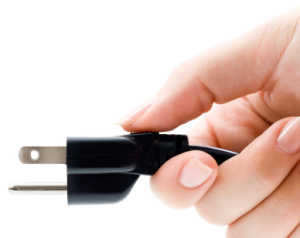by
Brendon Nafziger, DOTmed News Associate Editor | August 06, 2010

PowerSecure recently
entered the hospital market
PowerSecure International Inc., a smart grid and energy infrastructure provider which recently entered the hospital market, posted $34 million in sales for the second quarter ending in June, a 37 percent increase from the $25 million it pulled in this period last year, the company said Thursday afternoon.
Earnings per share rose a whopping 75 percent to reach 7 cents per diluted share, up from 4 cents per diluted share in second quarter 2009. Profits surged to $1.3 million, up from $686,000 during the second quarter last year.
The Wake Forest, N.C.-based company's stock shot up 4 percent, closing at $11.02 a share on Nasdaq Thursday, and continued to climb an extra 1.6 percent in after-hours trading.



Ad Statistics
Times Displayed: 316
Times Visited: 2 Keep biomedical devices ready to go, so care teams can be ready to care for patients. GE HealthCare’s ReadySee™ helps overcome frustrations due to lack of network and device visibility, manual troubleshooting, and downtime.
Revenues were driven by its smart grid power solutions, the Interactive Distributed Generation business, which experienced an "all-time-high" of $1.8 million in sales, the company said, reflecting year-over-year growth of 55 percent.
But operating expenses also climbed to $11 million, jumping nearly 38 percent this quarter, from $8 million during second quarter last year.
"We are bullish on the opportunities we see to serve customers in each of our business areas, and in the first half of 2010 we made investments to put us in position to realize these opportunities," CEO Sidney Hinton said in a statement. "These investments include technology, people, equipment, and new product development to drive and enhance both our near and long-term growth."
The company also has a massive revenue backlog of around $127 million, it said, which includes $10 million in new orders it announced on Monday, according to Bloomberg Businessweek.
"This expanded backlog enables us to continue to plan and invest over longer-term horizons," Hinton said.
In July, PowerSecure struck a deal with Schneider Electric to provide energy smart grid systems to hospitals. These help cut energy costs by using idle backup power systems during peak, and expensive, electricity demand times.

